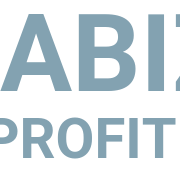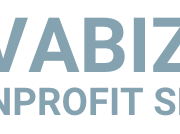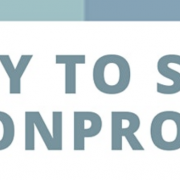Does Your Nonprofit Organization Need to Refile Form 1023-EZ?
QUESTION: A newly formed nonprofit organization filed IRS Form 1023-EZ to seek recognition of its exempt status under Section 501(c)(3). The IRS approved the filing and issued a determination letter recognizing the organization’s tax-exempt status under Section 501(c)(3) of the Internal Revenue Code. Very soon thereafter, the organization recruited a few new board members, and in subsequent board meetings, the board’s vision for the organization has evolved and now the organization hopes to raise more than $50.000 a year. Does the organization need to refile Form 1023-EZ? Notify the IRS? Dissolve and start from scratch with a newly formed nonstock corporation?
ANSWER: None of the above. No reason to panic because plans changed and the organization might now receive more than $50,000 a year. The IRS recognizes that some of the organizations that filed the 1023-EZ in the good faith belief that they would not raise more than $50,000 a year may in fact exceed that threshold. The IRS also recognizes that just because a nonprofit board set higher goals doesn’t necessarily mean that those goals will be achieved.
If the organization does end up raising more than $50,000 annually, it will be required to file IRS Form 990-EZ or the full Form 990 to report its income and expenses for the year. In other words, the organization won’t be able to file the Form 990-N “e-postcard” to report that it still exists but has not raised more than $50,000 in the year.
As a legal matter, the only scenario to worry about is if the organization filed the Form 1023-EZ while knowing that it intended to raise more than $50,000 a year. Remember, Form 1023-EZ, like the full Form 1023, is filed under penalty of perjury and can be filed only by those organizations that do not expect to receive more than $50,000 a year for its first three years. Whoever signs a materially inaccurate Form 1023-EZ in bad faith could end up in trouble. But, an organization making good faith estimates of its anticipated revenues in filing Form 1023-EZ should not be exposed to liability risk or IRS penalty if its actual operating results end up being materially different than what was reported in its original 1023-EZ filing.
Perkins Law offers flat fee packages specially designed for Virginia nonprofit organizations. Reach out if we can be of assistance with your nonprofit’s legal, governance, and compliance needs.










Leave a Reply
Want to join the discussion?Feel free to contribute!